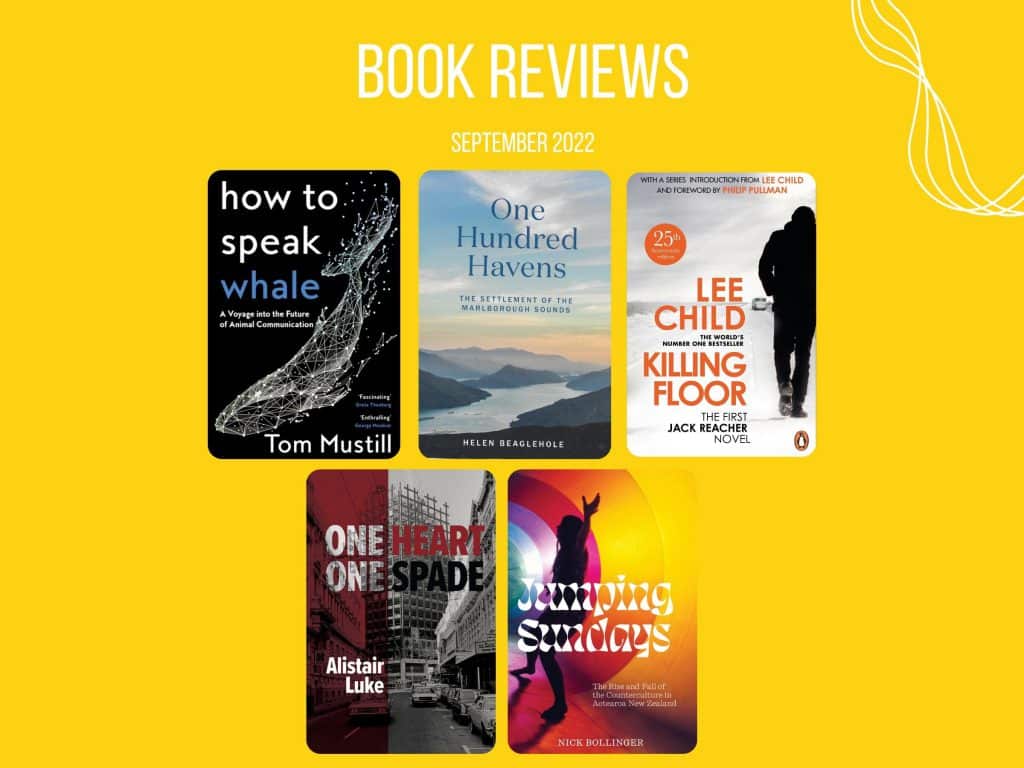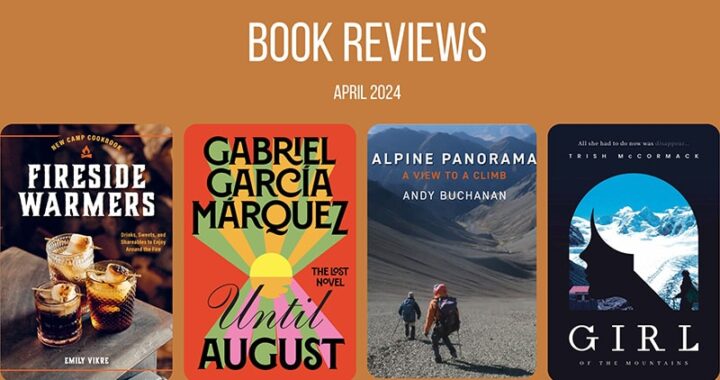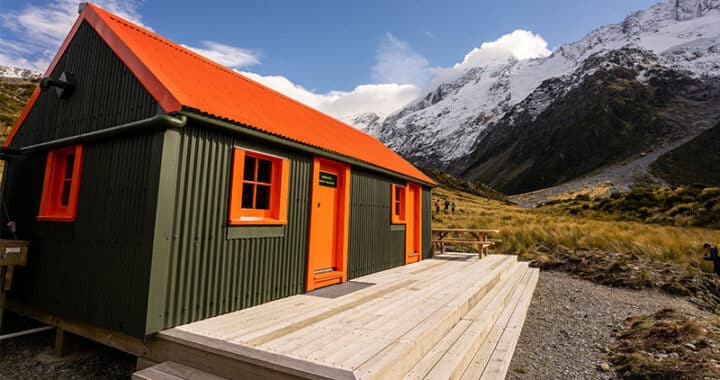Book reviews: September 2022
3 min read
Pick of the month

One Hundred Havens
Helen Beaglehole
Massey University Press
$60
Reviewed by Tony Orman
Any boatie or angler who has frequented the idyllic Marlborough Sounds – idyllic apart from ghastly salmon farms and mussel farms and commercial pine forestry – should find this book both interesting and absorbing.
One Hundred Havens traces the early Marlborough Sounds’ human settlement by both Māori and Europeans. Trampers walking the Queen Charlotte Track and other visitors will get absorbed by the fascinating history.
Historian writer Helen Beaglehole has recreationally frequented the Sounds for more than 40 years. Embarking on the task of writing a book on the Sounds’ history, she has carried out exhaustive and meticulous research that makes for absorbing, interesting reading. Both the author and publisher have done a great job while many excellent historical photos enhance an excellent publication.
This is a book that should appeal to Sounds residents and also those who enjoy the Marlborough Sounds for boating, fishing, tramping, and other outdoor recreation.
More good reads

How to Speak Whale
Tom Mustill
Harper Collins
$36.99
Reviewed by Esha C
In 2015, wildlife filmmaker Tom Mustill was whale watching when a humpback breached his kayak, nearly drowning him. The video clip went viral, and Tom found himself inundated with theories about what happened. The episode, which was turned into a film, led Mustill to take a personal investigative journey into whale science and animal communication.
Mustill’s experience was a starting point for him, which saw him explore how close humans really are to communicating with another species, and if we were to make meaningful contact, how it would impact the world we live in.
Remember Dr Doolittle? Could that fantasy potentially turn into reality? Maybe, using new technologies to try and decode the language of animals. An informative read.

One Heart One Spade
Alistair Luke
$35
Your Books – self-published
Reviewed by Steve Atkinson
Kiwi architect/first-time novelist Alistair Luke delivers a semi-interesting Wellington-located detective yarn that follows a sensitive soul on his quest to solve a murder and a few other random crimes while trying to keep his personal life under control.
The author does a decent job of getting the retro-time facts right, but it would be interesting to get a real cop’s opinion of the policing details because, stealing a quote from those two movie cops Murtagh and Riggs, it all looked pretty thin.
If you can push past the frequent, awkwardly written emotional outbursts, then it is a little trip down memory lane of the late 1970s and reminds us that it wasn’t all fun and disco mirrors.

Killing Floor
Lee Child
$24
Penguin Random House
Reviewed by Steve Atkinson
If you’re like me, then chances are you never read the first Jack Reacher novel, so Penguin Random House has released a 25th-anniversary edition.
It centres on our man, who finds himself in a small-town US and charged with a crime he didn’t commit.
Yep, like all JR reads, it lays out a formula that became familiar over the following years but also the reason the books became so successful, as Jack hooks up with a honey before efficiently dispatching the bad guys. Then he’s off down the road towards his next adventure.
If you want to find out how it all began, then start right here, with one of the best-priced books I’ve seen in a while.

Jumping Sundays
Nick Bollinger
$49.99
Auckland University Press
Reviewed By Steve Atkinson
Kiwi musician/historian/rock critic Nick Bollinger gives us an in-depth view of the rise and eventual fall of counterculture in New Zealand during the 1960s and ’70s. He gives a well-researched insight into the hippie culture, the growth of underground media, and the reasons why he believes the university students of that era were more prone to protest against what they saw as injustices.
Interestingly, quite a lot of focus then was on overseas issues, when problems within New Zealand seemed to be much overlooked. The book, however, covers a much wider range of topics and people, some of whom eventually made their way into areas of influence with large corporations and Government. And why is it named Jumping Sundays you ask? Why for the Sunday gatherings of like-minded people at Myers, then Albert parks, of course. Recommended reading.



